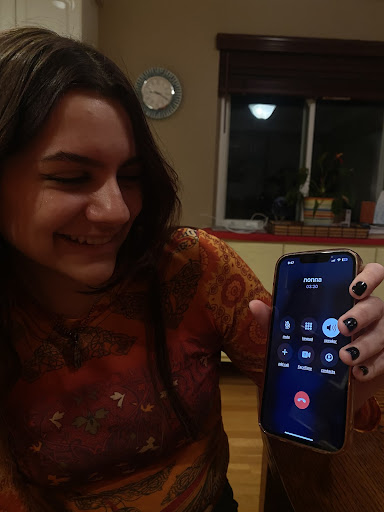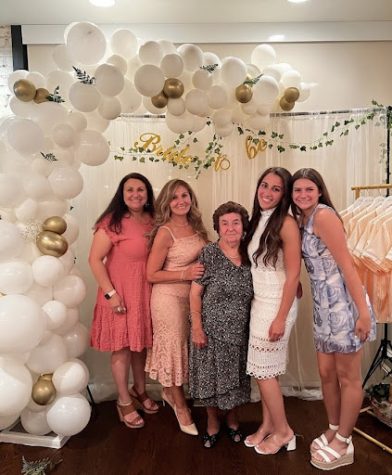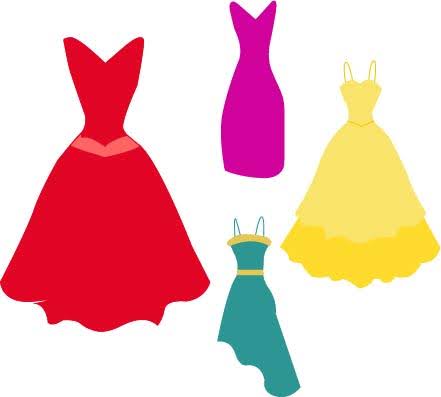One call away: How Duolingo changed my perspective on languages

Photo credit: Gianna Roux
March 23, 2023
When my mom was seven years old, her family immigrated from Naples, Italy to a small town just outside of New York City. Every summer since I can remember, my family and I take the ten hour road trip to Port Chester, New York to visit my Italian family. Although only five out of my 12 first cousins can speak Italian, I have always felt guilty for not embracing my culture and not being able to communicate with my Italian grandmother, who we call Nonna. I took Spanish for five years at school, which I do think has positively affected my scarce Italian skills. However, because North does not offer an Italian class anymore, I have taken it upon myself to start learning on Duolingo, a popular mobile app that teaches its users worldwide languages.
My plan was to be able to learn a couple of key words and phrases so I could have a conversation over the phone with my Nonna, who strictly speaks Italian. I downloaded Duolingo and started learning about the simple things like hobbies and places, while also learning more difficult things like pronouns and tenses. I challenged myself to do one practice lesson a day, which
consisted of about 20 questions
where you can answer by speaking, multiple choice or writing. My streak started to grow and the more I learned, the more I wanted to improve. I was reading detailed and intriguing stories that were completely in Italian, and I felt like I was ready to take on a phone call with my Nonna.
With my mom by my side, I anxiously waited for my Nonna to answer my call. My brain was wracking with questions to ask, and my nerves started to build. What if she doesn’t understand my accent or dialect? What if she thinks I translated the conversation? My thoughts were quickly interrupted by her voice.
“Ciao,” She said.
“Ciao Nonna!” I excitedly answered.
“Gianna?” She asked.
“Sì, come stai? Mi manca tu.”
Yes, how are you? I miss you, I said.
“Che fai?”
She asked what I was doing.
“Mi mangia la cena, che mangi tu?”
I told her that I had just finished dinner, and asked what she ate.
“Io mangio un poco di pasta, e pane, e un poco di vino e formaggio.”
I had some pasta and bread with some wine and cheese, she responded.
“Molto bene Nonna!”

Very good, I said.
“Che mangia tu?”
What did you eat, she asked.
“Io mangia pollo con riso e broccolini.”
I told her about my dinner that consisted of chicken, rice and broccoli.
“Un poco di vino?”
Any wine with that, she joked.
We continued talking for a bit longer, but that simple conversation had made my day ten times better. I have never had a full conversation in Italian with my Nonna, let alone joke around with her. The woman who always seemed strict, serious and never smiled in photos had a side to her that I never knew was there. I hope to continue learning Italian through Duolingo, and hopefully have more conversations with my Nonna so that when I visit Italy one day, I won’t be the odd one out.












